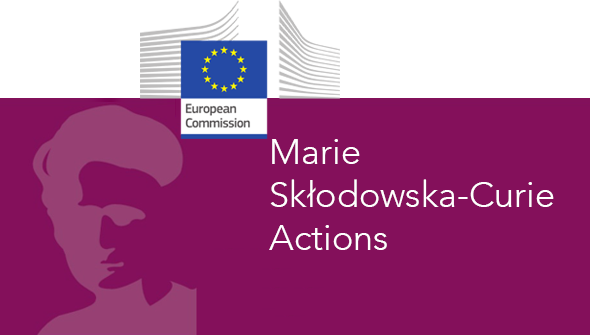What is the role of classical heritage in building modern, plural, diverse European identities?
To answer this question the consortium From antiquity to community: rethinking classical heritage through citizen humanities (AntCom) will train a new generation of 10 highly skilled cultural heritage researchers equipping them to harness the potential of the digital transition as well as to address the professional and societal challenges that it entails.
AntCom prioritizes both open science (Citizen Humanities) and innovative curatorial techniques (Multi- and Hyperspectral Imaging) to create a dynamic exchange between researchers and communities. AntCom will create a cohort of highly skilled professionals able to restitute heritage back to communities through the communities and build more complete, sustainable narratives and memory practices about Europe’s classical past.
Through a selection of meaningful case studies coming from liminal areas, be they linguistic, geographical or cultural, AntCom endeavors to bring to light new tangible (manuscript) and intangible (linguistic, oral, ritual) evidence, making an impact on the scholarly community and contributing to change citizens’ perceptions of and engagements with their heritage.
Research will focus on:
- Engagement with classical heritage in Denmark (SDU fragment collection, Danish National Archives);
- The palimpsests collection of the Biblioteca Capitolare in Verona, Europe’s oldest library still in operation;
- Popular readings of the Trojan Legend across Europe;
- Oral traditions of the minorities speaking Griko dialect (a dialect of Greek) in Southern Italy;
- Monumental, textual, oral heritage and popular piety from the fishermen’s communities in Galicia.
A consortium of 4 universities – University of Southern Denmark, University of Verona, University of Salento, and University of Santiago de Compostela – and 8 associated partners, AntCom operates within three main research areas 1. Manuscript heritage; 2. Linguistic heritage; 3. Ritual and narrative heritage.
AntCom will provide fellows with the skills and training to lead heritage research in Europe and be employable in curatorial institutions, science communication, industrial imaging, tourism.
The role of SDU Citizen Science is to run a series of ph.d.-seminars.
- FUNDEMENTALS: TOWARDS EXTREME CITIZEN SCIENCE
- Citizen Science Theories
- Types of Citizen Science
- Cases and Examples
- TRANSFERRABLE SKILLS IN PRACTICE: CITIZEN HUMANITIES
- Stakeholders
- Co-design & Sensemaking
- Community development
- Communication in Citizen Science
- FAIR data and Data processing
- Digital communities
- Scientific Literacy
- Relevant SDU CS-research cases (projects)
- CITIZEN SCIENCE: ENGAGEMENT IN THE HUMANITIES
- Scientific crowdsourcing in practice
- CS online communities and platforms
- How to engage and build digitally
- How to collect data (various SDU examples)
Responsible:
Jacob Buur buur@sdu.dk and Thomas Kaarsted thk@bib.sdu.dk
PI: Aglae Pizzone pizzone@sdu.dk
